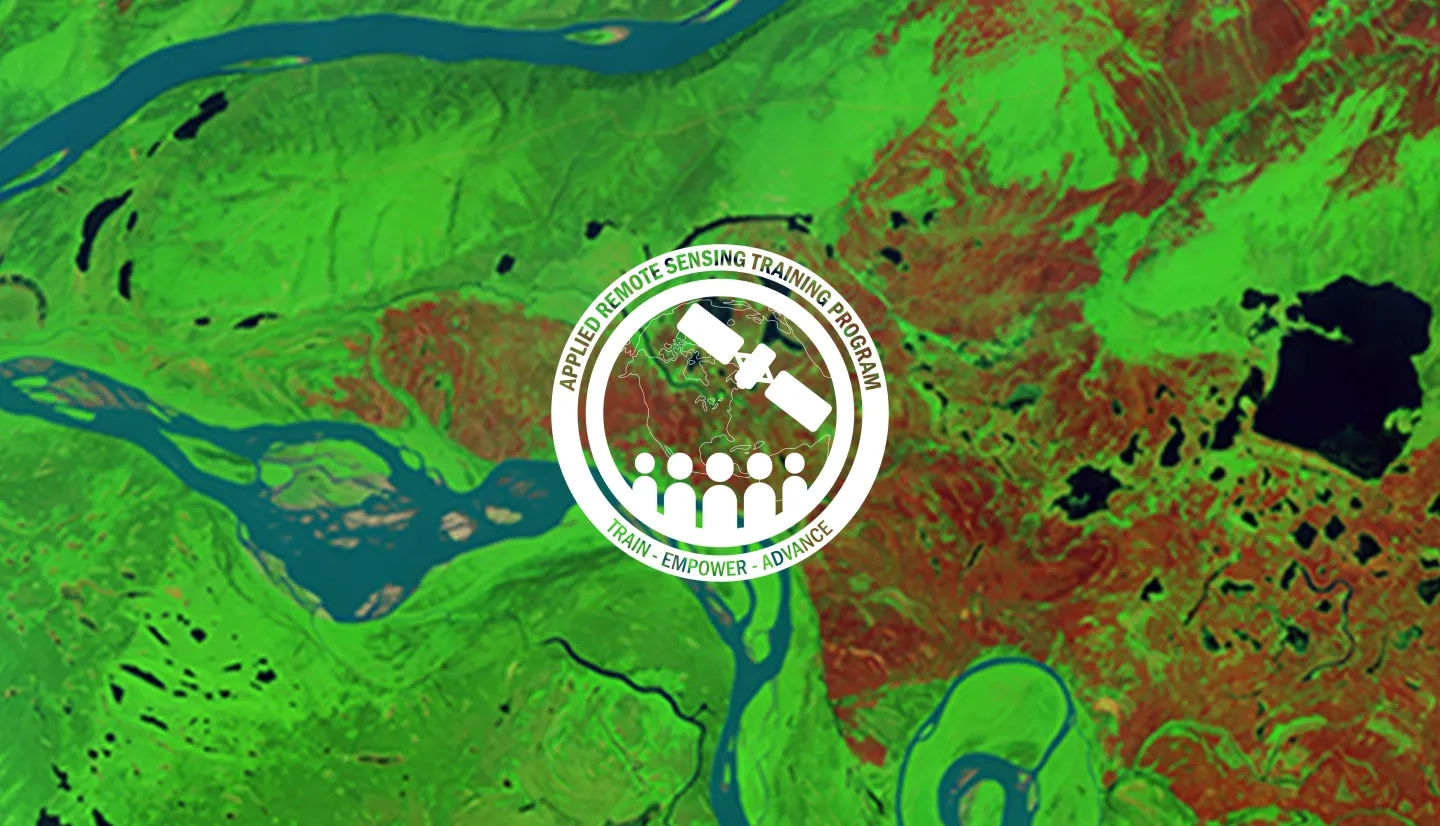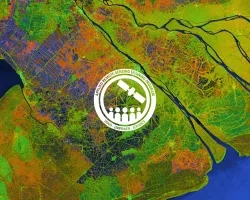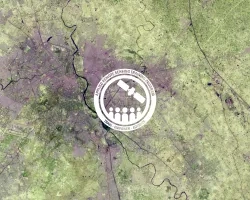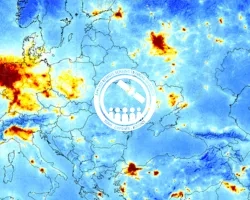Description
April 03, 2017
Wildland fires pose a serious threat to human health and property. During this in-person training, participants learned how to use NASA Earth observations to evaluate potential fire risk, monitor fire behavior in near real-time, and assess post-fire effects. Held in conjunction with the Opportunities to Apply Remote Sensing in Boreal/Arctic Wildfire Management and Science Workshop, this training included lectures and hands-on exercises. Instructors from the ARSET program and the Short-term Prediction Research and Transition Center (SPoRT) covered remotely sensed data relevant to wildland fire management, including Landsat, MODIS, GOES, and SMAP, as well as online tools such as Worldview and the Fire Information and Resources Management System (FIRMS).
- Sessions 1 and 2A of Fundamentals of Remote Sensing
By the end of this training, attendees will be able to:
- Identify available resources for satellite remote sensing of wildland fires
- Use online tools for near real-time fire detection and monitoring
- Create a Normalized Difference Vegetation Index (NDVI) map and a Normalized Burn Ratio (NBR) map
Local, regional, state, federal, and international organizations interested in assessing wildland fire activity using satellite imagery. Professional organizations in the public and private sectors engaged in environmental management and monitoring will be given preference over organizations focused primarily on research.
- One day training held in conjunction with the Opportunities to Apply Remote Sensing in Boreal/Arctic Wildfire Management and Science Workshop
Introduction, Logistics, ARSET Overview, and Available Wildfire Satellites and Products (Cindy Schmidt, Amber McCullum)
Currently Funded NASA Applied Science Projects (Vince Ambrosia)
NRT Tools Overview (Wilfrid Schroeder)
VIIRS and MODIS Fires and Thermal Anomalies Online Data Visualizations and Handling
- Exercise Not Available
SPoRT (Anita Leroy)
Overview of Snow Products (Tom Maiersperger)
Accessing MODIS Snow Cover from AppEEARS
- Exercise Not Available
Overview of SMAP Soil Moisture Product (Mary Ellen Miller)
Downloading and Viewing SMAP Data



